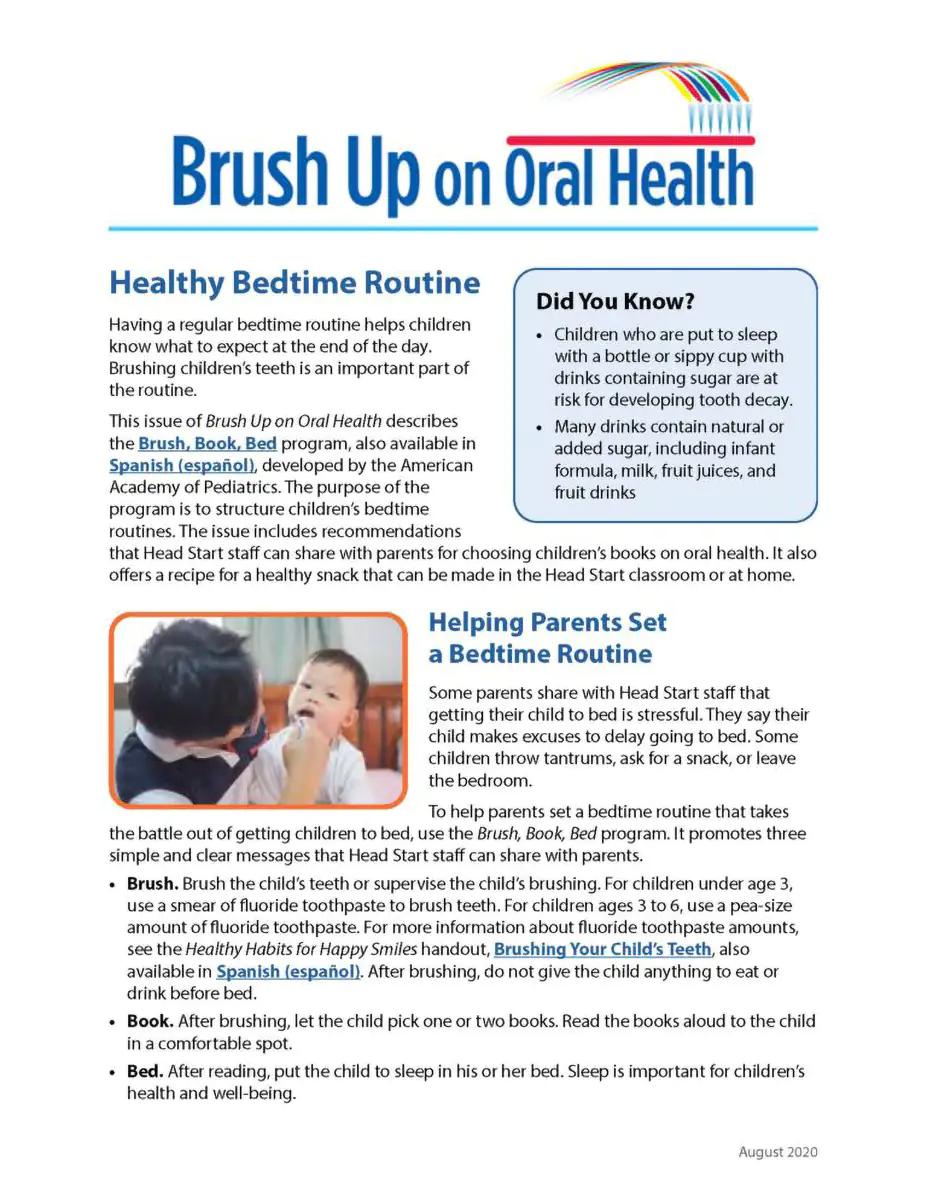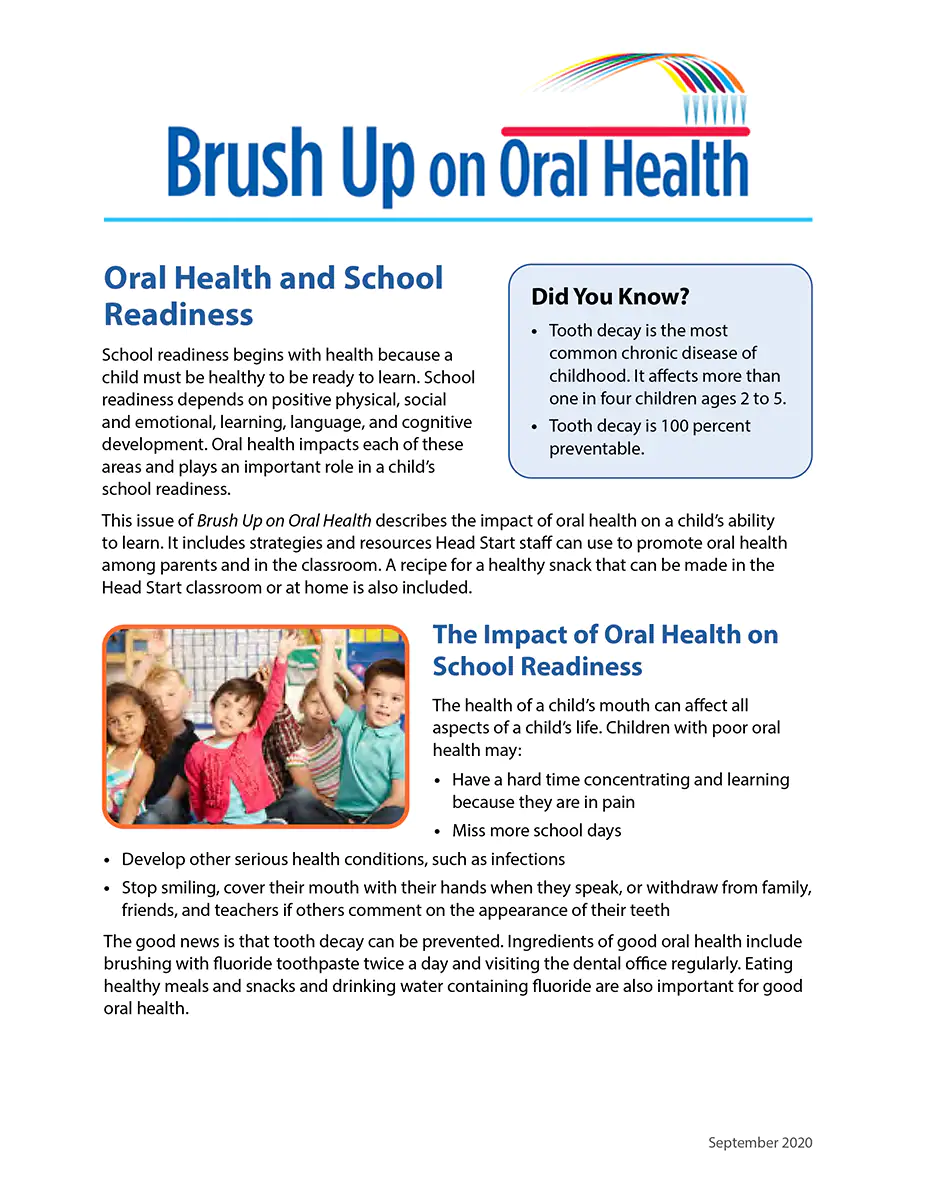Why is Early Childhood Education important?
The first five years of a child’s life are critical to their development and will form the fundamental building blocks of their future. This is the time when the foundation is built that will shape a child’s future development, health, happiness, and success in school, in the community, and in life.
Early experiences where children are able to develop relationships and build confidence, while learning through play, provide a strong base for lifelong learning.
The YWCA St. Louis Early Education Program offers opportunities for children to develop socially, intellectually, physically, and emotionally to ensure that each child’s first school experience will inspire a lifelong love for learning.
With the help of our families and the community, we build confidence and competence of all children and their families.
Creative Curriculum
The Creative Curriculum® for Preschool is a comprehensive, research-based curriculum that promotes exploration and discovery as a way of learning, enabling children to develop confidence, creativity, and lifelong critical thinking skills.The components of The Creative Curriculum® for Infants, Toddlers & Twos were designed specifically to provide in-depth support for the unique demands of each day in an infant, toddler, and twos program.
Missouri Accreditation
Missouri Accreditation provides quality standards for programs serving children from birth to school-age within the State of Missouri. Programs that achieve accreditation become a member of an elite and unique group because they have achieved a high standard of quality. All YWCA St. Louis Early Education Centers and Child Care Partners are accredited by Missouri Accreditation.
Transition to Kindergarten
Health Requirements for Enrollment
Physical Exam
(first year children must include a “participation statement”)
Required at time of enrollment, if done within the last 12 months.
Blood Tests – Lead and Hemoglobin
Should be included as part of the physical exam unless a physician refuses to provide, which requires a signed and dated statement from the physician.
Dental Exam
At the time of enrollment, if done within the last 12 months.
Immunizations
Required at the time of enrollment, prior to entry.
Well Baby Check
(first year children must include a “participation statement”)
Required at the time of enrollment, if done within the last 12 months.
Well Baby exam presented must be one that is closest to the child’s current age.
Blood Tests – Lead and Hemoglobin
Required at 12 months or 24 months
Dental Screen
Done as part of the Well Baby Check.
Immunizations
Required at the time of enrollment, prior to entry.
Evidence shows that the health of students is linked to their academic achievement.
– Health and Academic Achievement, Centers for Disease Control
Nutrition Services
Healthy eating habits are essential to being ready to learn! Breakfast, lunch, and two snacks are provided throughout the day.



